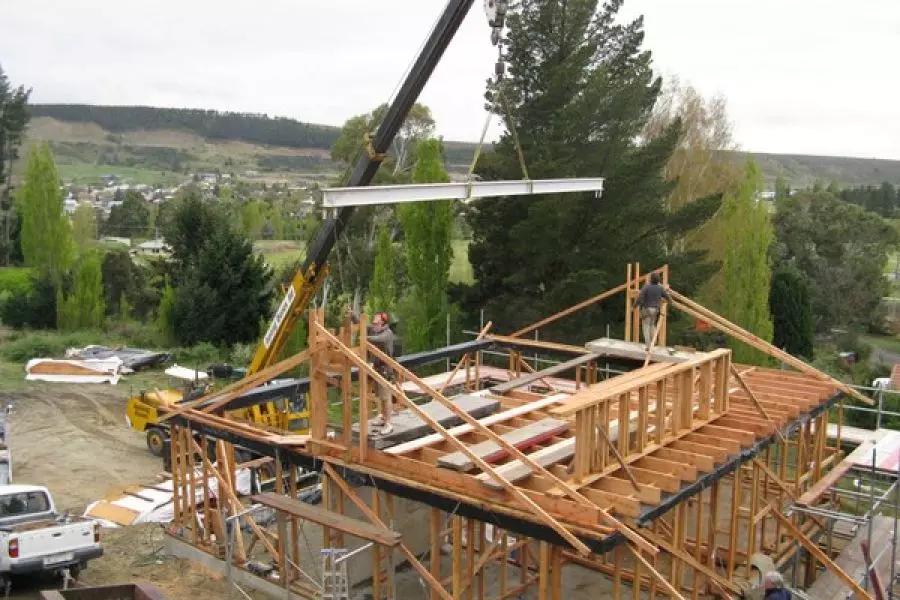News
Consents drop amid supply furor

Tuesday 31st of May 2016
Auckland’s housing supply shortage and the problems it is causing, which include median house prices nearly 10 times the median income, have dominated headlines of late.
Estimates of the shortage vary from 20,000 to 50,000 but it is generally agreed that the city should be building around 13,000 – 14,000 dwellings per annum to keep pace with demand.
This equates to a...
Want to read the full article?
Click the button below to subscribe and will have unlimited access to full article and all other articles on the site.






![[The Wrap] Bye Bye Bayly](https://goodreturns.publit.io/file/c_fill,w_900,h_600/39f23ac1-f7c7-4854-b700-a150004ebbac.webp)


